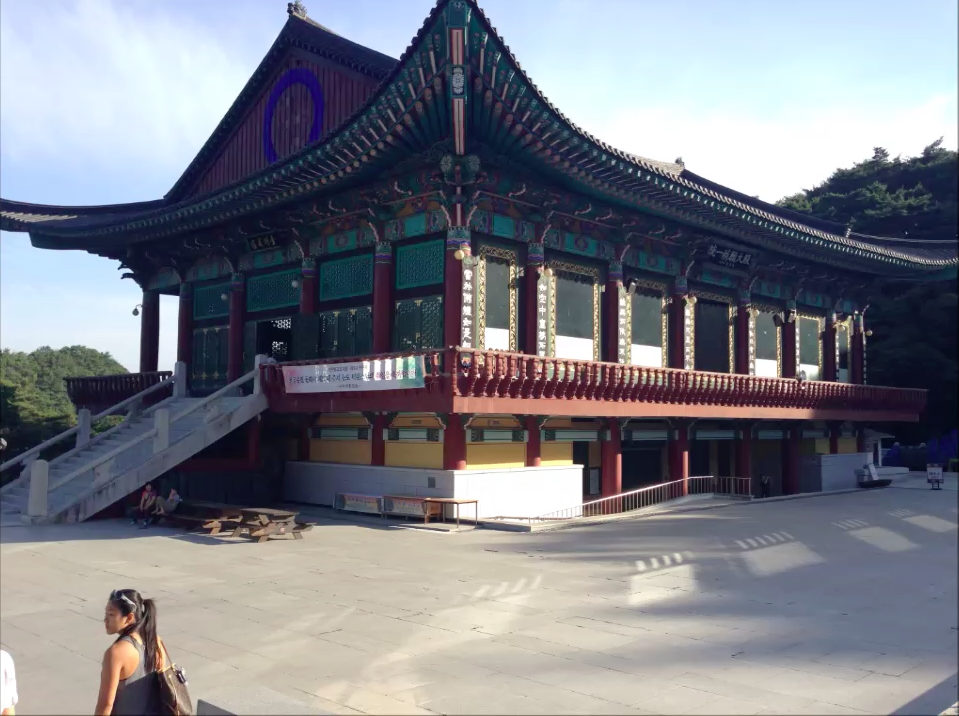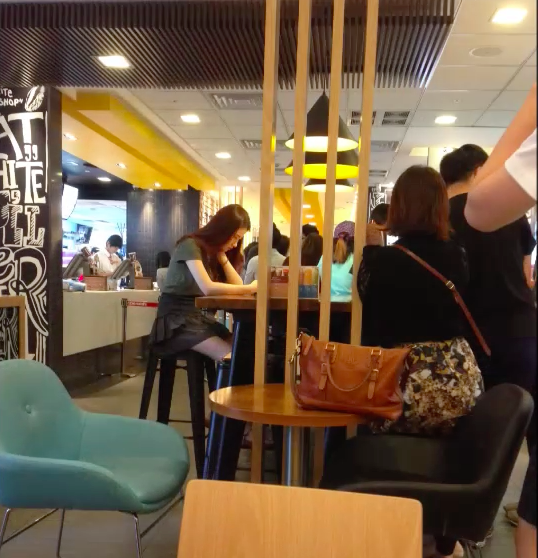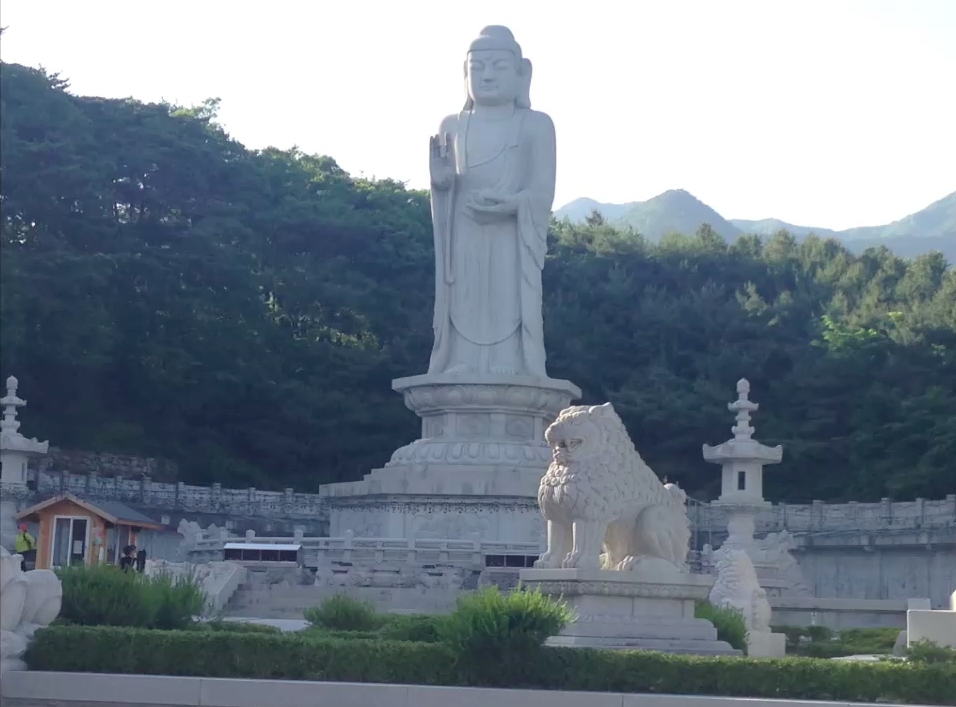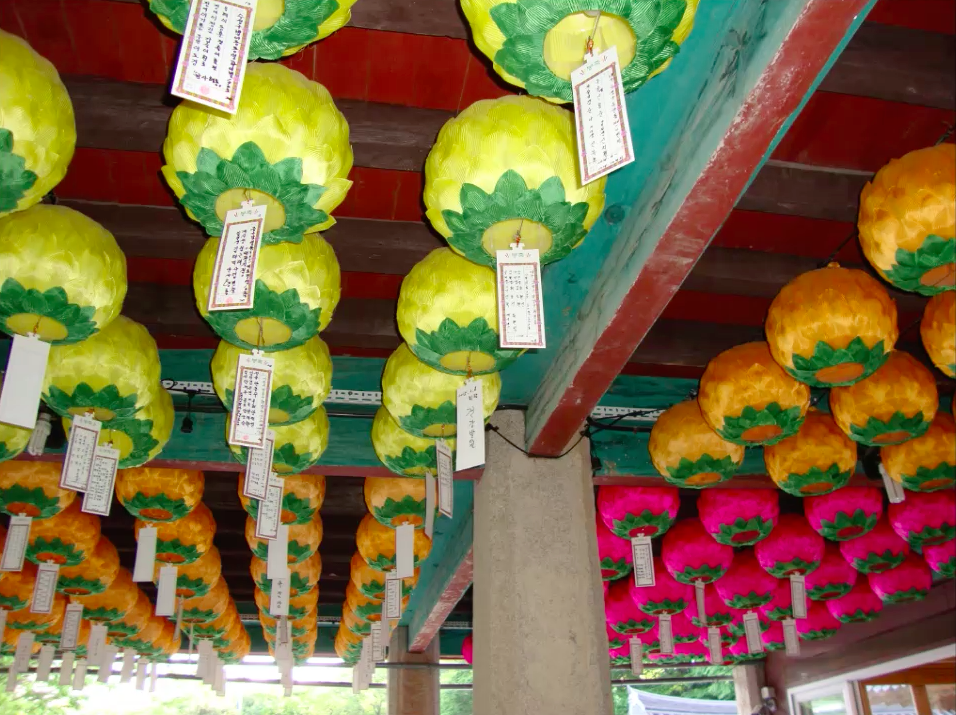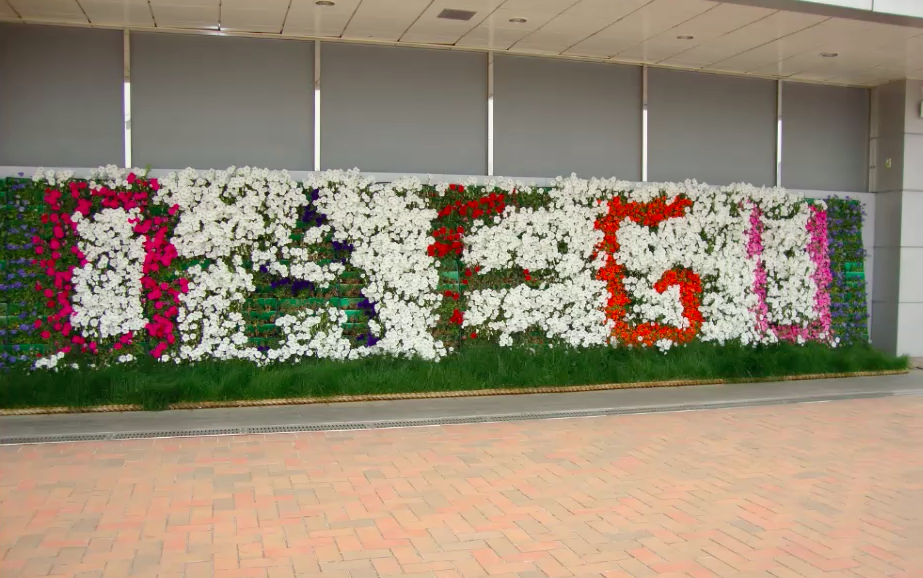
I am a Korean Adoptee. I have been for almost 4 decades. The first 30 something years of my life I did not really speak of nor acknowledge this part of my story. The topic of adoption and all of its complications I wanted no part in. I was ashamed of my “asian-ness.” I thought if I ignored it then maybe others wouldn’t notice either.
I was wrong.
Currently, I’m in my late 30s and realize the fault of my ways. For the first time ever I acknowledge the parts of adoption that are hard to swallow. I see now the concept of adoption itself is odd and almost like a twisted social experiment.
There are thought processes surrounding adoption that I have recently become aware. There are ways of thinking about adoption that never crossed my mind. Even though my family had four Korean adoptees it was never a topic of discussion.
5 Adoption related things I didn’t think about until adulthood
- The concept of “racial mirrors. ”
- The fact that adoption is trauma.
- The fact that adoption is loss.
- White savior complex.
- The fact that adoption is a transaction.
“Racial Mirrors”
Growing up I was always excited to see Asian people succeed. As you can imagine in the 1980s and 1990s there were not many examples for me in the media or in real life. The term racial mirrors refers to being around people who look like you. A racial mirror could be in the form of a coach, teacher, mentor, or anyone you look up to.
When I was growing up in the 1980s and 1990s there were no Asian people in my life except for my siblings and occasional peers from extracurricular activities outside of my school. In any given situation there was no one to look up to who looked like me in sight.
Growing up, I never had a teacher, mentor or coach who was Asian. The first Asian professional in my life was my OB/GYN when I was pregnant with my first child. I liked that she was Asian but even more important than that she was a positive role model representing Asian Americans. Her credentials were impressive and she owned her own practice. She was petite and pretty with a no-nonsense bedside manner. She was hard on me (maybe because I was like her) which I appreciated. People respected her and her professional expertise. I suppose she was my first racial mirror at the age of 30.
Having racial mirrors in your life is a powerful thing. It’s something white people in America don’t recognize. When I asked my husband about this concept he admitted never realizing the benefit in everyone looking like him. If I had had Asian role models in my life growing up I believe my self confidence and self esteem would have been completely different.
Adoption is Trauma
The next thing I didn’t really think of until adulthood is the fact that adoption is trauma. Too often it goes unrecognized the trauma associated with adoption.
Only now after becoming a mother do I see the extent of the trauma. I have a 5 year old and 2 year old. My brothers were 5 and 3 when they came to the States. My daughter is smart and articulate and aware. I can’t begin to imagine her navigating a new land, new culture, new language, new family all while feeling responsible for her younger brother’s well being as well. This is what my brother had to endure when he came to the U.S. at the age of 5. If that’s not trauma then I don’t know what is.
In addition to the trauma in the beginning of adoption then you have the lifelong issues associated with it. A lot of adoptees will never feel they truly belong anywhere. We struggle with self-identity among a myriad of other issues.
Adoption is trauma and its something I did not acknowledge or appreciate until now. Recognizing this trauma helps me understand myself and my battles.
Adoption is Loss
The concept of loss as it relates to adoption was never discussed growing up. It’s something I truly don’t believe my parents recognized so neither did I. The narrative from society toward adoptees is how lucky and grateful we should feel.
Now I can see the loss and feel the loss that has stemmed from my adoption. Conversely, I can see and feel the gains that adoption has given me. So I don’t want to seem ungrateful for my life but now in my late 30s I am mourning parts of my life I will never know.
For example, speaking my language of origin naturally and with ease. My birth mother teaching me how to cook. Sharing intimate chat sessions with my birth sisters without struggling through broken translations. Feeling like I belong without question in my community. These are just a few that come to mind.
Adoption is loss and I didn’t recognize this growing up.
White Savior Complex
The next thing I didn’t really acknowledge growing up was the white savior complex. I suppose I always dismissed it because of the negative connotation it held toward adoptive parents. I couldn’t imagine people adopting kids like me and my siblings for any reason other than the goodness of their hearts.
Now with the internet and social media I’m looking at the white savior complex through new lenses. The Stauffer family scandal and their atrocious behavior reaffirms the white savior complex much to the detriment of any well-meaning genuine families looking to adopt.
To all of the family vloggers out there sharing intimate moments about their transracial adoptees’ lives, my question is why? Why are you sharing this stuff? It’s fine to share day in the life videos with clips of the family’s activities but why are you doing adoption updates? Whole videos dedicated to how your adopted child is transitioning into his/her new life! Every struggle, moments of sad and small victories won…these are private.
In conclusion, it seems there are certainly adoptive parents with “white savior complex” out there. I don’t believe all white adoptive parents are and I don’t believe mine were. But, in the age of social media and all of the attention to be gained in the forms of likes, hearts and views, the white savior population is multiplying.
Adoption is a Transaction
The last thing I want to talk about is the fact that adoption is a transaction. I always knew that it cost something to adopt and that there is a process to it. As I take a step back and look at this concept a little closer it is appalling.
The idea that children are products, there is a supply and demand and money is being exchanged feels super slimy. There aren’t poor orphan white American children being exported to foreign countries because their mothers can’t afford to keep them. So why is this so common in the states?
I am no expert in adoption and the process of adoption but am learning more now that I have let myself. Internation adoption and transracial adoption has created a population of people with a unique set of experiences and trauma stemming from being transplanted. All of the struggles, trauma and uncertainty we will live with our entire lives started with a single transaction.
Conclusion
I was unwilling and unable to acknowledge my adoption and the complex struggles associated with it growing up. As an adult I might be late to the party on these issues and conversations but I hope that others might learn from my past.
Thanks for reading.
-Christina

